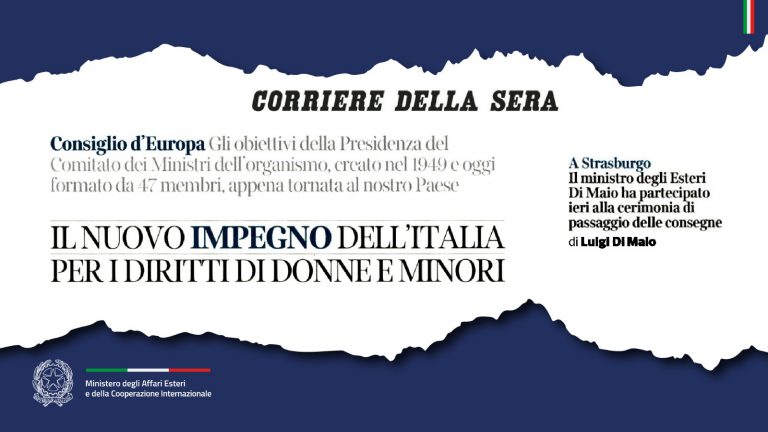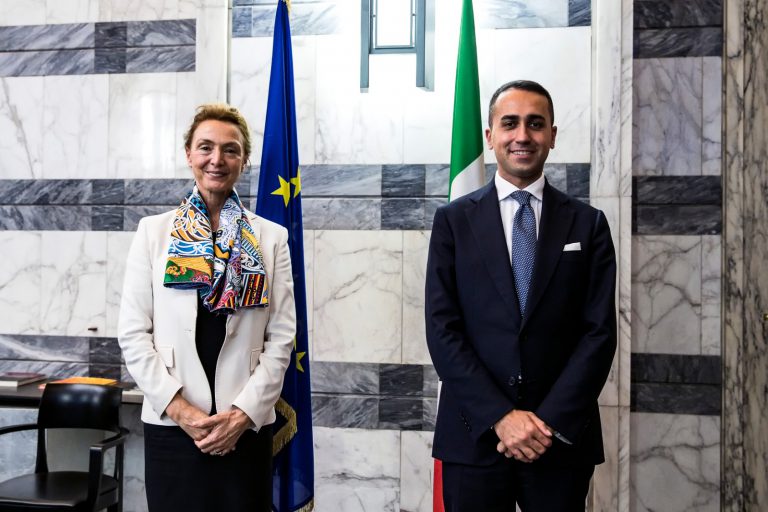Dear Editor,
The appeal entitled “The web must remain free”, published by chief editors Juan Carlos De Martin, Alberto Oddenino and Stefano Rodotà, raised questions of crucial importance and which the government considers a priority. The web plays an essential role in the democratic growth of nations and in the freedom of expression of citizens around the world, even those living under authoritarian regimes. Internet creates a true “network of freedom” linking our homes with the farthest corners of the globe, including those places where traditional media are censured. This is an extraordinary conquest for our times that makes it possible to consider the legal, economic and social demands of peoples, and especially of the newest generations. The Arab Spring showed that the web’s role is decisive in giving voice to demands for liberty and democracy. Internet also promotes the circulation of ideas and development. Only a few days ago, the foreign ministry launched Innovitalia.net, a web platform that allows Italian researchers and scientists to share ideas and projects in the interests of innovation and growth.
The Italian government is in the forefront of the battle, strongly supporting the resolution on the defence of freedom of expression in Internet and the UN’s approval of it in July in Geneva. The resolution cites the principal that the same rights of persons “offline” must also be protected “online”, first and foremost the freedom of expression. It alerts all States to the need to facilitate people’s access to the web and the duty to encourage the development of new media as well. The “digital divide” between the Euro-Atlantic region and other regions of the world, such as Africa, needs to be closed
These are the values and principles with which we identify and that we intend to continue to promote in all international settings. And it is in this spirit that we mean to participate in the World Telecommunications Conference planned for Dubai in December, and whose preparatory phase we are following closely. At the moment formal proposals to transfer the regulation of Internet governance to the International Telecommunications Union (ITU) have been advanced, while modification of international telecommunications norms dating back to 1988 – en eternity in this sector – will also be addressed.
A public consultation has been opened on the website of the Ministry of Economic Development in which all citizens can participate and contribute to the issues that Italian representatives can then bring to the conference’s attention. It is Italy’s and the European Union’s firm conviction that intergovernmental regulation of the web would leave room for unacceptable political censorship, to the detriment of the fundamental rights and principles of the UN. The European Commission also tends to favour maintaining the current system and not to turn the management of Internet over to the ITU.
Instead, the international community is feeling the need to identify shared criteria on important aspects of how Internet works, such as the ability to prosecute crimes, taxation of profits, intellectual property and the need for normative regulation.
The debate is under way on these themes, and it would be good if it were to take place not only between governments but also among the members of the civil society, and arose from the needs of web users themselves. A framework of rules is necessary, but without even the most minimal infringement on the indispensable and non-negotiable principles of freedom of expression and unobstructed web access.



